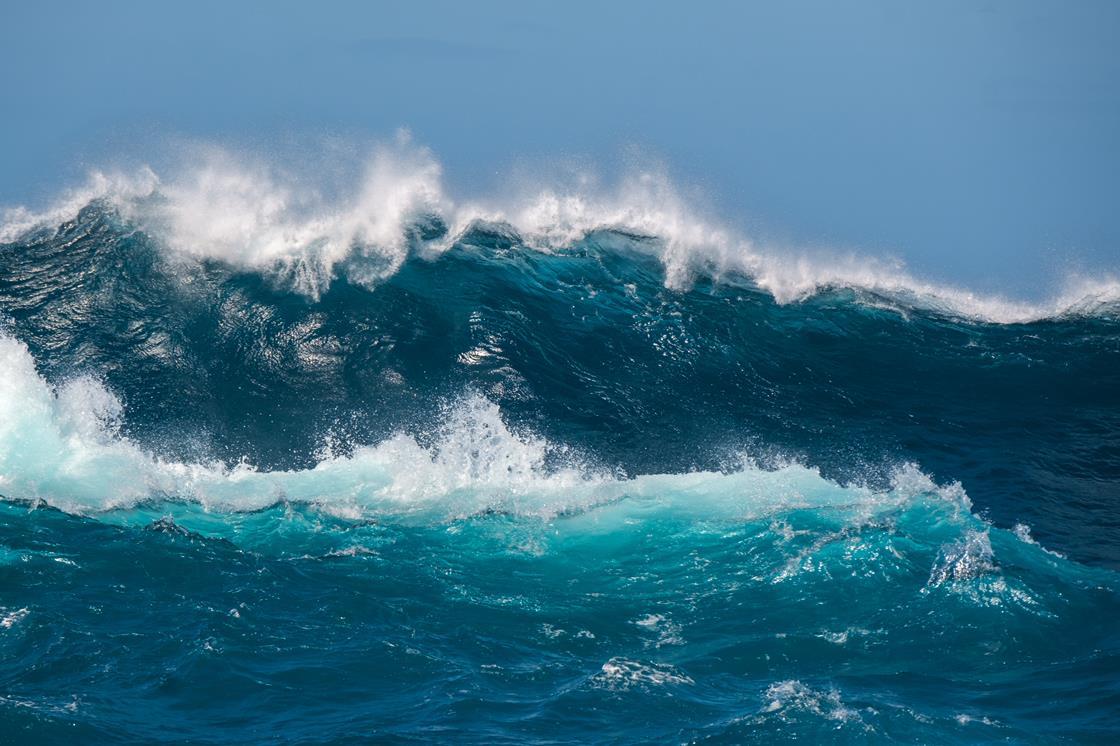Navigating the Challenges of Direct Seawater Electrolysis for Green Hydrogen Production
Key Ideas
- Researchers in Zhuhai, China, are pioneering the use of renewable energy and seawater to produce 'green' hydrogen, aiming to reduce the petrochemical industry's carbon footprint.
- Direct seawater electrolysis presents challenges due to seawater's corrosive nature and complexity, but solutions are being developed, such as a catalyst-resistant electrode demonstrated by BUCT scientists.
- Green hydrogen production from excess renewable energy through electrolysis is seen as a crucial step towards decarbonization, with potential applications in various industries, including oil and chemicals.
- University of Glasgow's breakthrough in electrolysis technology using Evian mineral water highlights the progress made in addressing the unique challenges posed by seawater electrolysis for green hydrogen production.
In Zhuhai, China, researchers from Beijing University of Chemical Technology (BUCT) and the China National Offshore Oil Corporation (CNOOC) are at the forefront of utilizing renewable energy and seawater for the production of 'green' hydrogen to tackle the petrochemical industry's carbon footprint. The innovative approach involves building a pilot plant to directly split seawater into oxygen and hydrogen, a process that poses significant scientific and economic challenges due to seawater's corrosive and chemically complex nature. However, breakthroughs like a seawater-resistant electrode catalyst demonstrated by BUCT scientists show promising advancements in overcoming these obstacles.
The concept of direct seawater electrolysis for green hydrogen production is gaining traction as a solution to leverage excess renewable energy and meet the growing demand for sustainable energy sources. Despite challenges such as competition from electrolysis following desalination and the need for increased efficiency, researchers believe in the potential of this approach, leading to initiatives like the Zhuhai pilot plant and a large-scale research project in Qingdao, China. The urgency to reduce carbon emissions globally has put pressure on advancing technologies like direct seawater electrolysis to deliver practical solutions quickly and profitably.
The University of Glasgow has made significant progress in electrolysis technology by addressing the complexities of seawater electrolysis through experiments involving Evian mineral water. The study highlighted the unique challenges posed by seawater's chemical composition on the electrolysis process, emphasizing the importance of developing efficient electrocatalysts for green hydrogen production. While obstacles such as membrane sensitivity and metal corrosion in seawater electrolysis systems persist, researchers remain optimistic about the potential for direct seawater electrolysis to revolutionize green hydrogen production and contribute to decarbonization efforts.
Topics
Blue Hydrogen
Renewable Energy
Technology
Innovation
Research
Electrolysis
Chemistry
Carbon Footprint
Seawater
Latest News
2
6
7
Advancements in Analyzing Hydrogen Impurities in ALD Barrier Films for Improved Material Performance
Infrastructure | 2 hours ago
